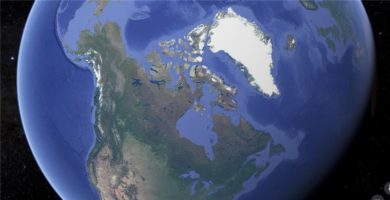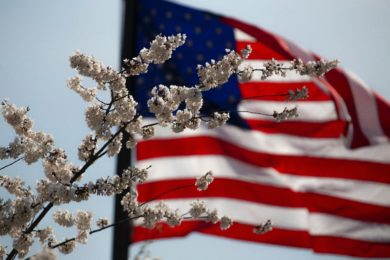
Uncertain Boundaries, Untapped Potential: Challenges and Opportunities for Canada’s Arctic Sovereignty
Series | The Future is Due NorthIn Uncertain Boundaries, Untapped Potential: Challenges and Opportunities for Canada’s Arctic Sovereignty, Dr. Jennifer Spence finds that interest in the Arctic has grown exponentially over the last two decades. For some, the Arctic’s melting sea ice and degrading permafrost are harbingers of global climate change; for others, the Arctic represents potential access to new, abundant sources of non-renewable resources and shorter, more direct international shipping routes. As a result, the factors at the heart of debate surrounding Arctic sovereignty—legal status of the Northwest Passage, sovereign rights vs. responsibilities, and the socio-economic potential of northern resources—take on new significance. Affirming Canada’s Arctic sovereignty is ultimately not a technical process; it is a highly sensitive political process, one that has remained unresolved for decades.









